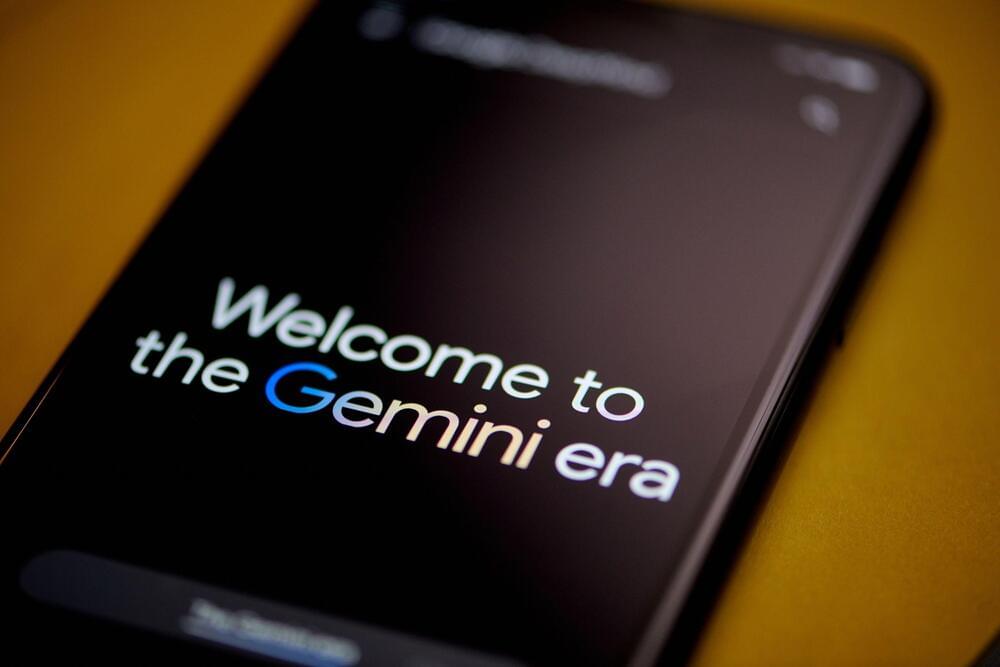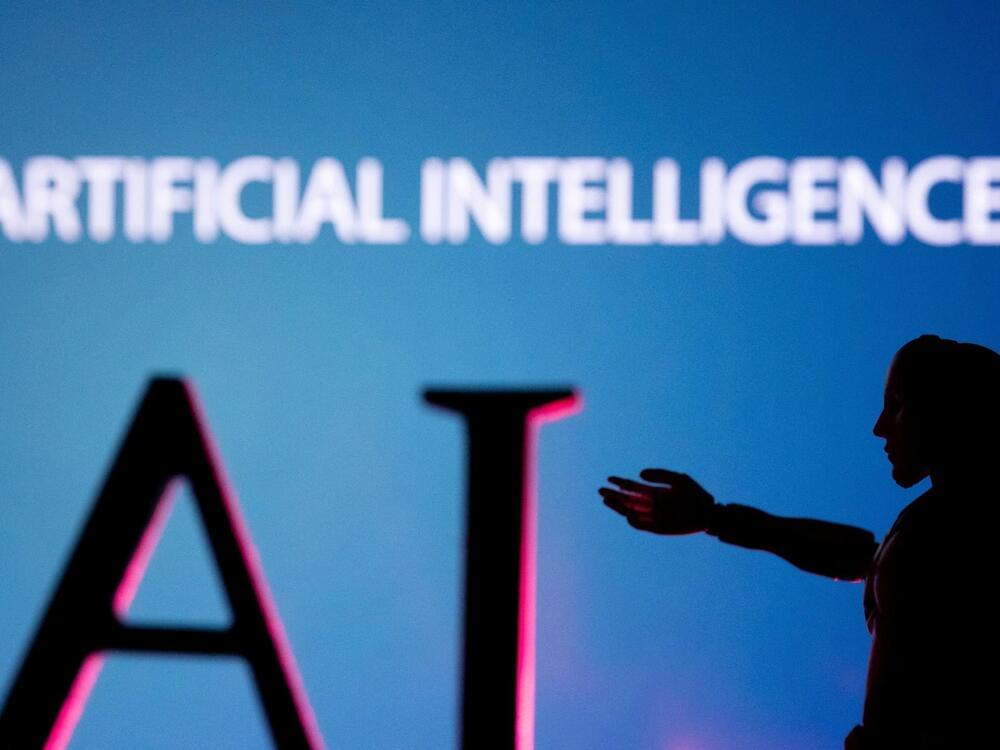Ontology, the ideas we have about the nature of reality, and epistemology, our concepts about how to gain knowledge about the world, are interdependent. Currently, the dominant ontology in science is a materialist model, and associated with it an empiricist epistemology. Historically speaking, there was a more comprehensive notion at the cradle of modern science in the middle ages. Then “experience” meant both inner, or first person, and outer, or third person, experience. With the historical development, experience has come to mean only sense experience of outer reality. This has become associated with the ontology that matter is the most important substance in the universe, everything else-consciousness, mind, values, etc.,-being derived thereof or reducible to it. This ontology is insufficient to explain the phenomena we are living with-consciousness, as a precondition of this idea, or anomalous cognitions. These have a robust empirical grounding, although we do not understand them sufficiently. The phenomenology, though, demands some sort of non-local model of the world and one in which consciousness is not derivative of, but coprimary with matter. I propose such a complementarist dual aspect model of consciousness and brain, or mind and matter. This then also entails a different epistemology. For if consciousness is coprimary with matter, then we can also use a deeper exploration of consciousness as happens in contemplative practice to reach an understanding of the deep structure of the world, for instance in mathematical or theoretical intuition, and perhaps also in other areas such as in ethics. This would entail a kind of contemplative science that would also complement our current experiential mode that is exclusively directed to the outside aspect of our world. Such an epistemology might help us with various issues, such as good theoretical and other intuitions.
Keywords: complementarity; consciousness; contemplative science; dual aspect model; epistemology; introspection; materialism; ontology.
Copyright © 2020 Walach.





